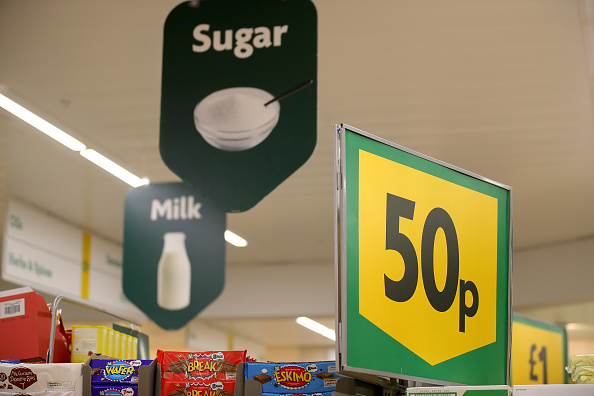Shop price inflation hits highest rate in more than a decade

Shop price annual inflation surged to the highest rate since November 2011 last month, as households’ concerns about the cost of living increases.
The rate hit 1.8 per cent in February, an increase from 1.5 per cent in January, according to the British Retail Consortium (BRC) and NielsenIQ.
Non-food inflation surged to 1.3 per cent in February, up from 0.9 per cent the month prior – marking the highest rate of inflation since September 2011.
Food inflation remained unchanged at 2.7 per cent in February, the highest rate since September 2013.
“Food inflation remained the key driver behind higher prices, particularly for fresh food which has been impacted by poor harvests, both in the UK and globally,” the BRC’s Helen Dickinson added.
“Meanwhile, the increase from last month is a result of rising prices for non-food products, particularly health, beauty and furniture. There is little sign of change, with the Bank of England predicting price rises to continue until at least the spring.”
It follows yesterday’s news that shoppers have started to flock to discount retailers in a bid to cut down on grocery costs. Aldi and Lidl were the fastest growing retailers in the three months to 20 February, both increasing sales 3.3 per cent, Kantar data revealed.
Anxiety over grocery bills has surged among Brits, fresh research from Ipsos has also found.
More than eight in 10 UK shoppers have started to change how they shop to cut costs this year.
Behavioural changes include moving to cheaper brands, holding off on buying non essential groceries and buying yellow stickered discount items.
Ipsos CEO, Kelly Beaver, told CityA.M.: “We have seen public concern regarding the economy and rising inflation start to rise. It’s not that people are seeing [inflationary pressures yet, they’re standing on the edge of the precipice and expecting to fall off – they expect prices and costs to increase.
“So we have seen them start to tell us they are making changes. The public are preparing for things to get worse.”
Of shoppers planning to switch supermarketd, almost one in four said they planned to switch to Aldi for most of their grocery shopping, with one in five selecting Lidl and one in ten opting for Asda.